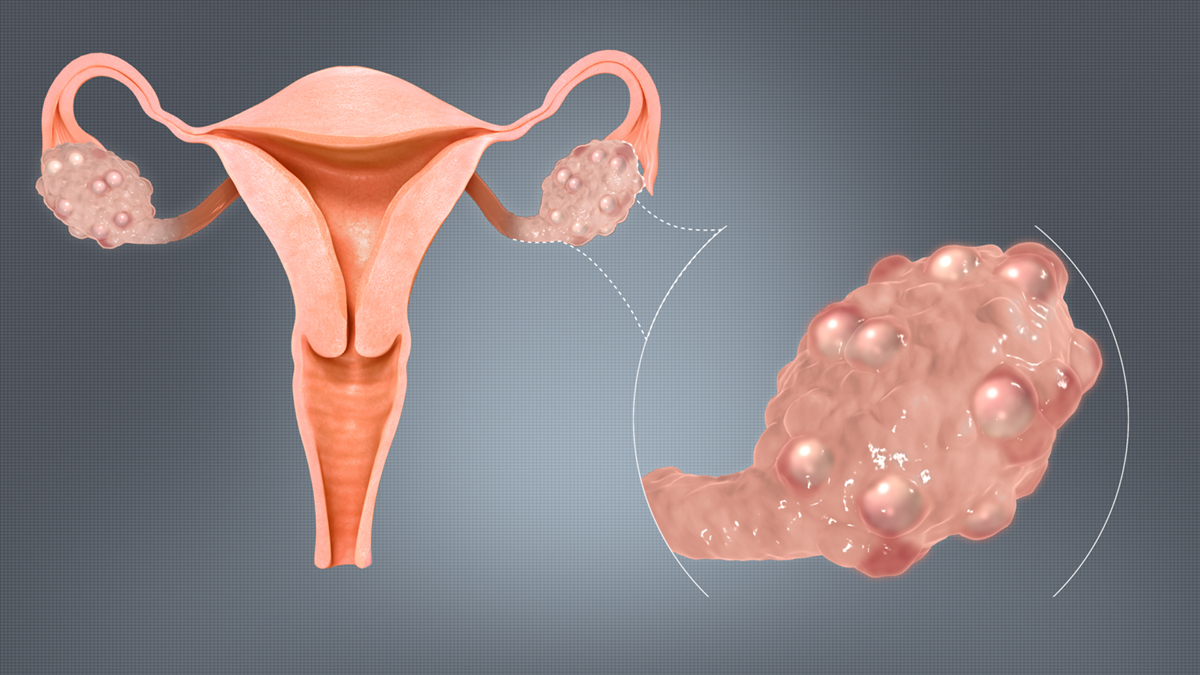
Polycystic ovarian syndrome
Polycystic ovarian syndrome is the medical term for the characteristic hormonal disorder in women in their reproductive age, and the women who suffer from this disorder have enlarged ovaries with many small cysts along the outside edge of the each ovary.
Symptoms and causes of polycystic ovarian syndrome
Polycystic ovarian syndrome has numerous and various symptoms, but the woman with polycystic ovarian syndrome usually experiences menstruation irregularity, excess of androgen and polycystic ovaries. It often occurs that the woman does not have her period for several months, or that her periods are lasting more than it is normal. Other symptoms of this condition include hirsutism, severe acne, androgenic alopecia and baldness.
Polycystic ovarian syndrome may be inherited. Certain conditions may be potential causes for this disorder, such as insulin resistance, excess insulin, and low-grade inflammations.
Natural cures for polycystic ovarian syndrome
The early diagnosis and proper treatment of polycystic ovarian syndrome is necessary in order to avoid certain complications such as infertility and obesity. The general treatment of polycystic ovarian syndrome centers on resolving the problems such as obesity, acne, infertility and hirsutism. The doctors usually advise their patients to have regular checkups, to adjust their lifestyle habits and to regulate their menstrual cycles.
There are several things that a woman with this condition can do by herself in order to reduce the symptoms. First of all, if a woman is overweight, it is highly recommended to lose some weight. The loss of weight may restore ovulation and decrease the levels of androgens and insulin. Weight can be lost successfully by proper diet and exercise. Furthermore, the diet in women with polycystic ovarian syndrome must be a low-carbohydrate one. It is recommended to avoid simple carbohydrates, such as sugar, candies, cakes, ice cream, and pies. Complex carbohydrates, such as fresh fruits, vegetables, whole grains and cereals, are rich in fiber and can be consumed.
Waxing, shaving, epilating, or using creams or lotions are some of the ways how the excessive hair growth can be removed. Laser therapy and electrolysis for the lasting hair removal can be performed as well. The most effective way to control and stabilize polycystic ovarian syndrome is to practice exercising. It is very beneficial not only for the losing of weight, but also for the lowering the levels of blood sugar.
Other natural remedies for polycystic ovarian syndrome that are very helpful are aromatherapy and acupuncture, as well as certain homeopathic medicines and healthy herbs. Lymphatic drainage, natural progesterone cream and castor oil or linseed packs are also some of the ways how to reduce the symptoms of polycystic ovarian syndrome.






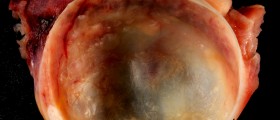
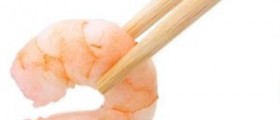


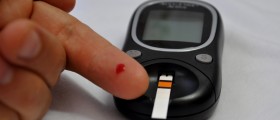



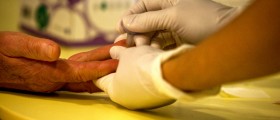


Your thoughts on this
Loading...